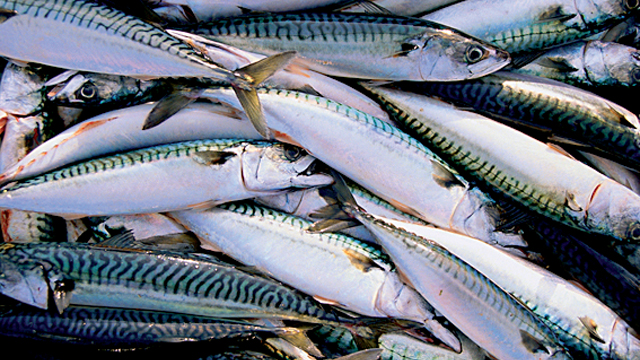Happosäilötyn kalan jalostaminen
Fish offal and waste fish can be still be put to good use in places where there is no fish meal factory. Instead of being thrown away, they can be made into fish silage. Fish silage usually contains about 15% protein, and is used in the same way as fish meal in animal feed. It can also be subsequently separated into its oil, ash and protein components, for use in the food industry.
Fish silage is a liquid product made from whole fish or parts of fish that are liquefied by the action of natural enzymes in the fish, in the presence of an added acid.
These enzymes break down fish proteins into smaller soluble units. The acid helps speed up the activity of these proteins, at the same time as preventing the liquid being spoiled by bacterial action.
Long-term storage
Fish silage with the correct acidity can normally be stored at room temperature for two years or more. The protein becomes more soluble, and the amount of free fatty acid in any fish oil present increases during storage, but such changes are not usually significant in nutritional terms.

